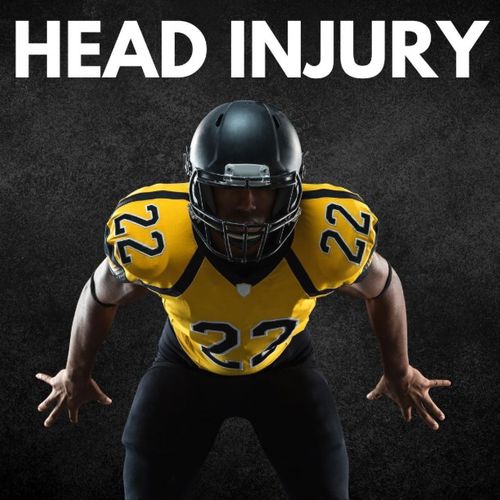CTE: Our obsession with alternate helmets is selective memory
Jul 25, 2022 · 2 mins read
0
Share

In 2013, CTE (Chronic Traumatic Encephalopathy) trended. A lot has happened since then, but one of the first things to happen that very year was the NFL commission banning alternate helmets. They hoped that using one, perfectly-fit helmet would help and reduce variables. Nope.
Save
Share
Since 2013, we've learned a lot about CTE. We've realized that about 88% of (American) football players show signs of it. A few former football players have committed horrible murders which can be traced to their severe brain injury. Many others just can't remember their names.
Save
Share
(And it's important to note that CTE doesn't just affect American football. CTE has been found in hockey players around the world as well as Rugby players studied by scientists at Cambridge. Basically any sport where two larger-than-average humans collide at full force is game.)
Save
Share
In addition to restricting alternate helmets, the NFL set out to find better helmets. They offered a $3M prize to companies that could show data of reduced impact with innovative design. Three companies pulled it off and were awarded additional funding for more studies.
Save
Share
This prize had a lot of folks looking into reducing head trauma. In 2018, an article talked about scientists studying woodpeckers in order to understand how they might use the information to combat CTE. Not a bad test subject since woodpeckers bang their heads all day, right?
Save
Share
Flash forward to 2022 and two things have happened: scientists realized the secret was woodpeckers simply had a teeny tiny brain and the nation is again obsessed with NFL helmets... because for the first time since 2013 teams will be allowed an alternate helmet.
Save
Share
Basically the NFL has put its push for safer helmets on the back-burner. That's not because they're bad people, rather it's because they're finally accepting science. CTE is caused because the brain regularly crashes into the side of the skull. Helmets stop fractures.
Save
Share
While new helmet designs attempt to absorb some of the shock and thus reduce the amount of rattling around the brain does in there, it can only do so much. We humans just have too large of a brain. We can't artificially recreate the safety of a woodpecker's miniature noggin.
Save
Share
So while we wait with bated breath for the July 31st cut off, when teams must submit their designs for jerseys and alternate helmets, it's important to remember that despite new innovations, it's still a gladiator sport. Players will just look great while getting dementia.
Save
Share
0




